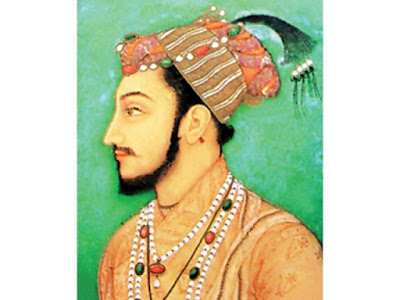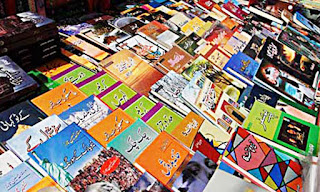Writing the history of Sindh by mubarak ALI

There are two important elements for writing the history of any land: the availability of basic sources, and the presence of professional and trained historians. The modern historiography of Sindh was introduced during the British rule when the Historical Society of Sindh was founded with the purpose of reconstructing the history of Sindh. The Society held regular meetings where the members presented research papers on different aspects of history, as well as published a historical journal which contained well-researched papers, thus contributing immensely to recording the history of Sindh. Sadly, the Society and the journal discontinued after Partition. However, in its early period, the Sindhi Adabi Board published some material originally available in Persian, after careful editing of the manuscripts. In this respect the Board’s efforts are commendable. The Board had planned to publish the history of Sindh in nine volumes. However, the goal could not be accomplished and only ...









